Optimal Timing for Foundation Repairs
Foundation repairs are most effective when performed during specific times of the year, primarily influenced by weather conditions and soil stability. Understanding the optimal timing can help ensure the longevity and effectiveness of repairs, reducing the risk of future issues.
Spring offers moderate temperatures and manageable moisture levels, making it a suitable time for foundation work. However, heavy rains can sometimes delay projects.
Summer provides longer daylight hours and stable weather conditions, ideal for foundation repairs. Hot temperatures may require adjustments in work schedules.
Fall's cooler temperatures and lower humidity levels can facilitate effective repairs. It's important to complete work before winter sets in.
Winter is generally less favorable due to freezing temperatures and potential snow or ice, which can hinder repair processes and affect soil conditions.
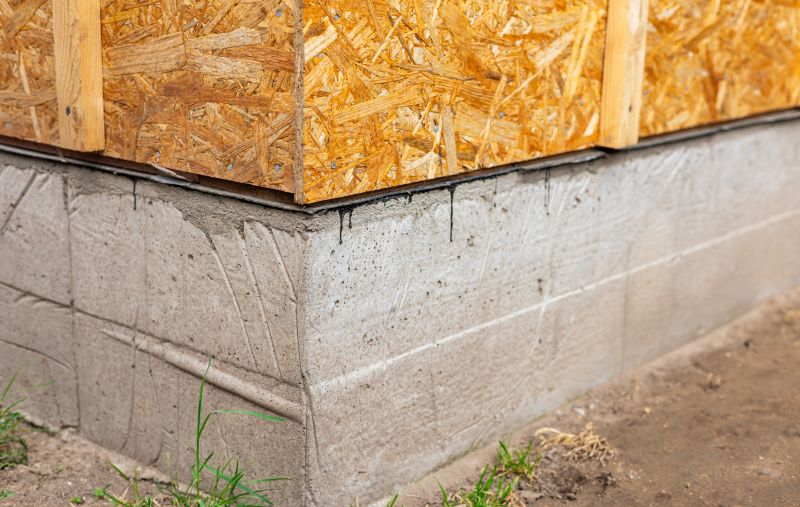
Spring's moderate weather helps facilitate effective foundation repairs.
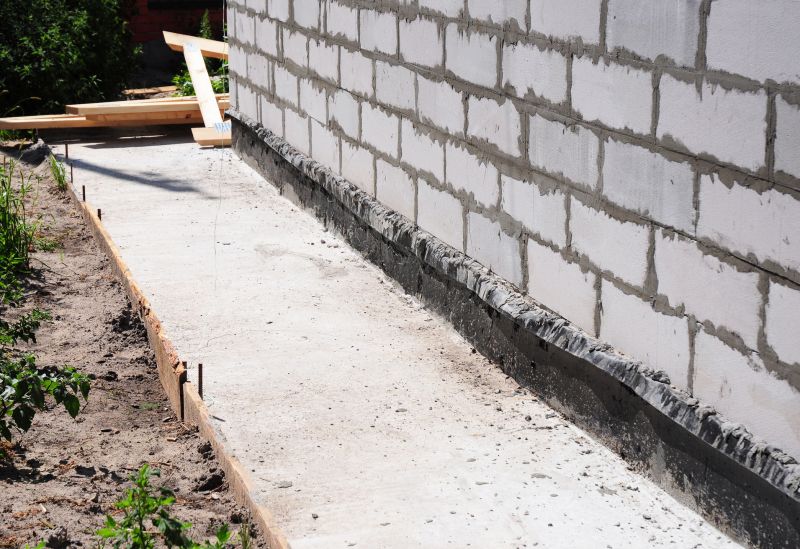
Summer's stable conditions support successful foundation stabilization projects.
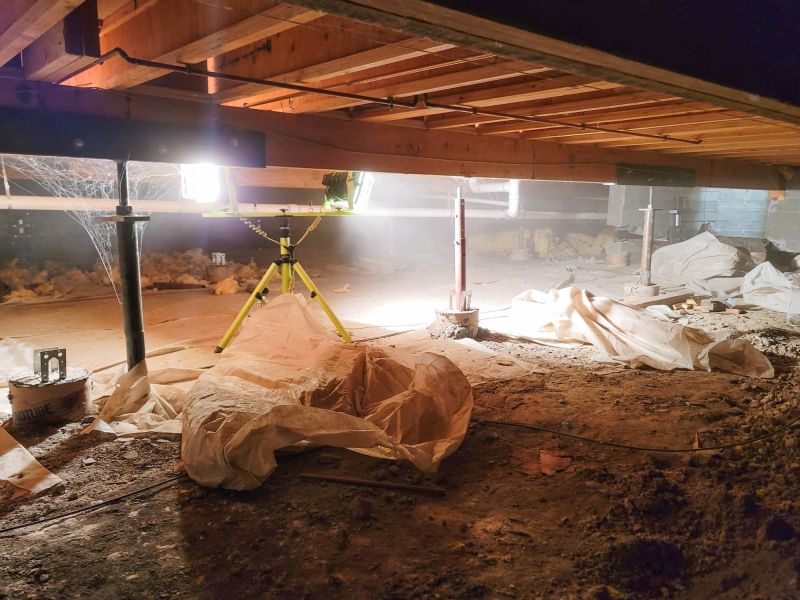
Fall provides ideal temperature ranges for foundation work before winter.
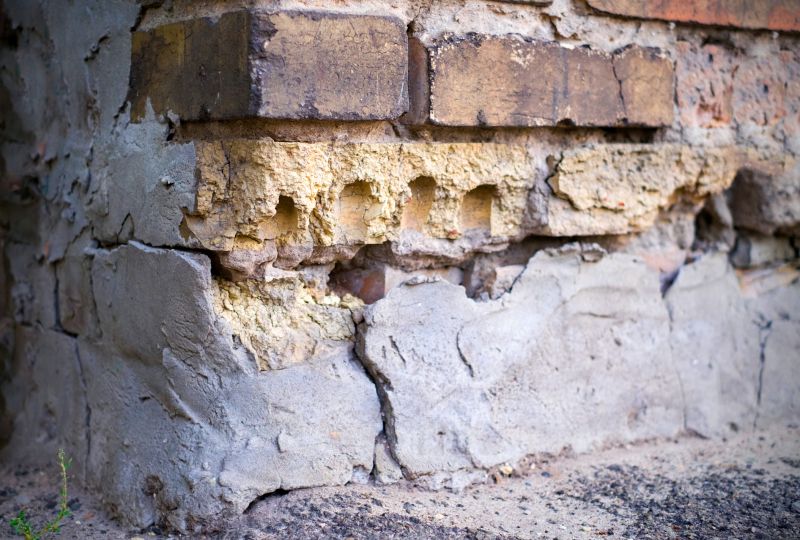
Winter's cold and moisture can complicate foundation repair efforts.
| Season | Optimal Conditions |
|---|---|
| Spring | Moderate temperatures, manageable moisture levels, potential for rain delays |
| Summer | Warm and stable weather, longer work hours, risk of heat stress |
| Fall | Cooler temperatures, lower humidity, ideal for completion before winter |
| Winter | Freezing temperatures, snow, and ice, generally unsuitable |
Foundation repairs are crucial for maintaining structural integrity and preventing further damage to a property. Soil conditions, weather patterns, and seasonal changes significantly influence the success of repair projects. Proper timing ensures that repairs are durable and effective, minimizing the need for future interventions. Statistics indicate that addressing foundation issues promptly can reduce repair costs and prevent secondary damages such as cracks in walls, uneven floors, and compromised safety.
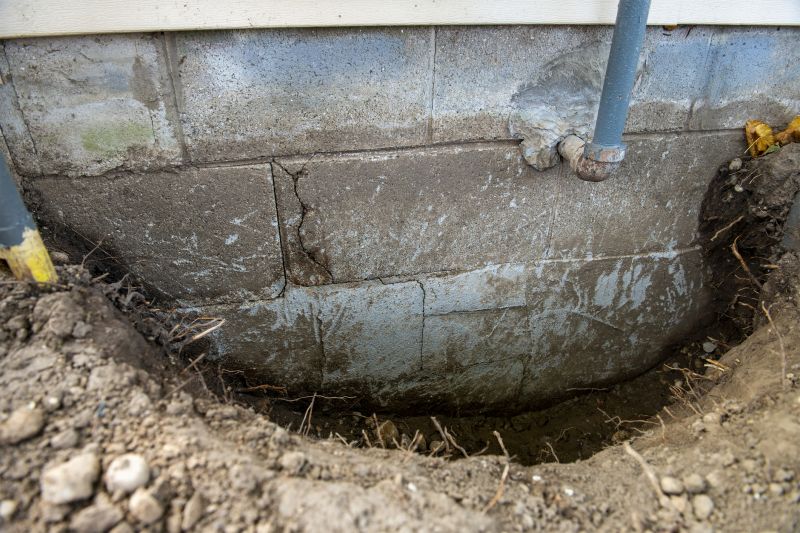
Addressing cracks early can prevent further structural issues.
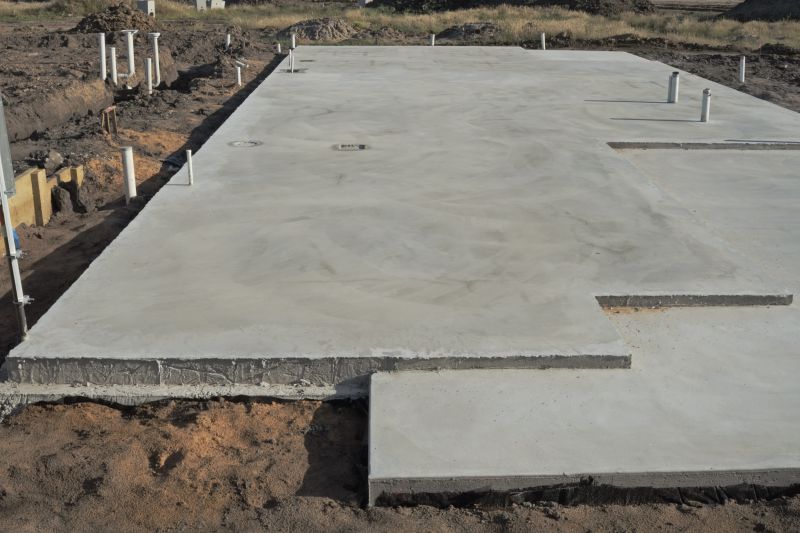
Proper soil management is essential for long-term foundation stability.
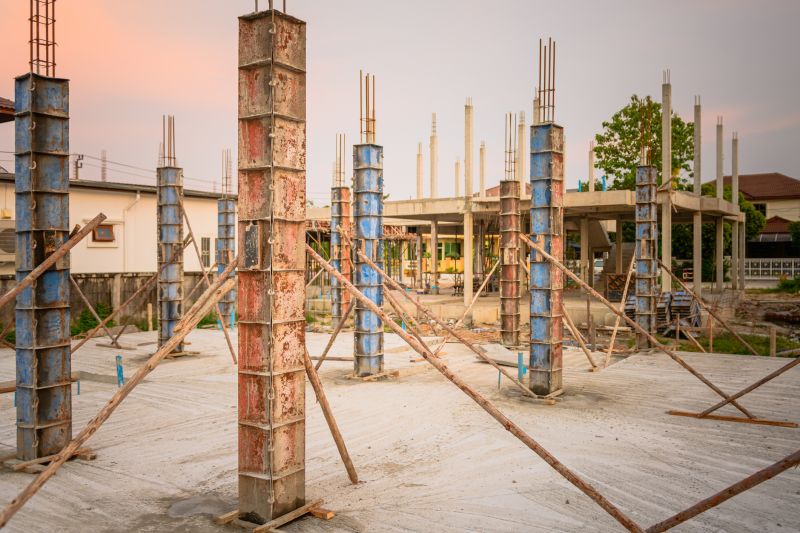
Supporting structures help prevent uneven settling.
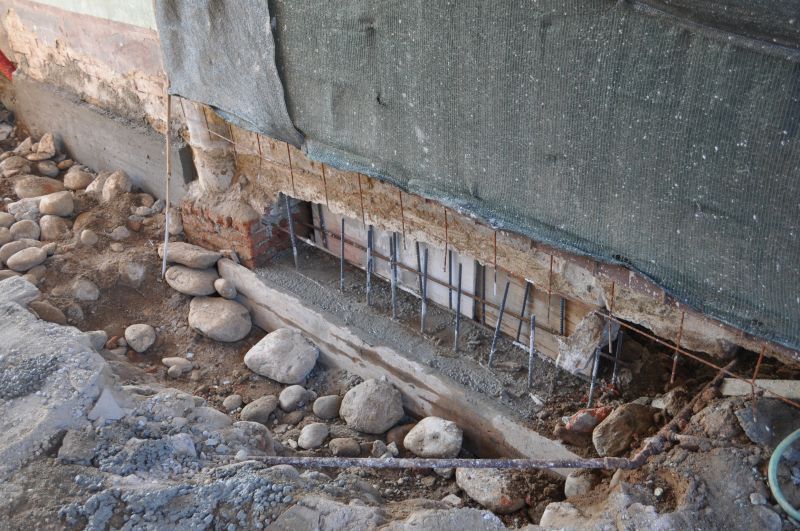
Reinforcing weak areas extends the lifespan of a foundation.
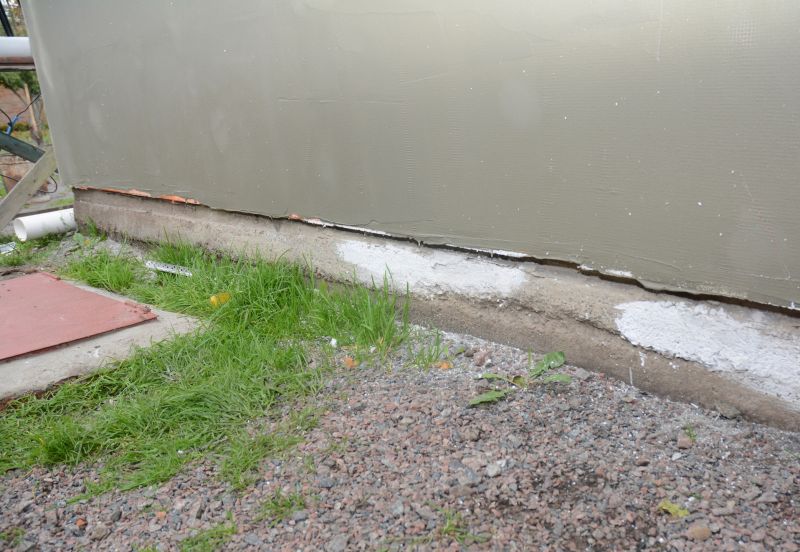
Sealing cracks prevents water intrusion and structural weakening.
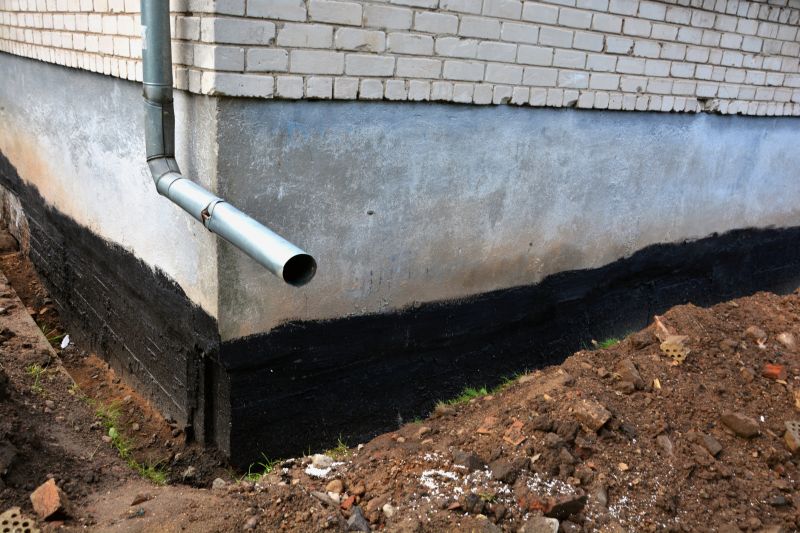
Proper drainage reduces soil erosion around foundations.
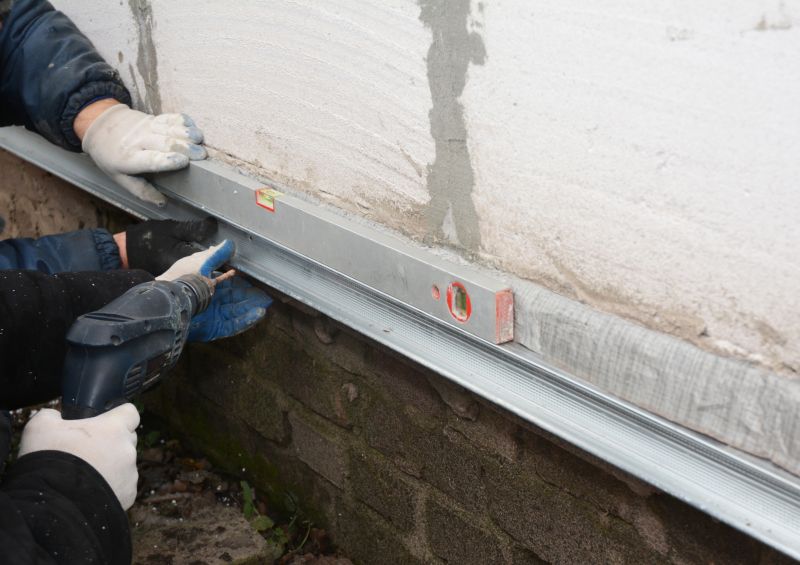
Adjusting foundation height can correct uneven settling.
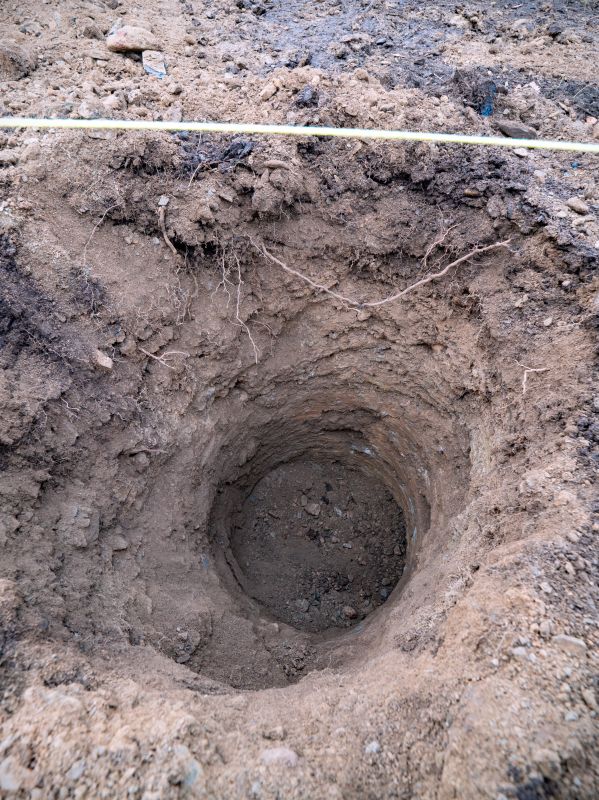
Assessing soil conditions helps plan effective repairs.
Interested property owners in Lilburn, GA, are encouraged to contact for foundation repair assessments. Proper timing, combined with professional expertise, ensures long-lasting stability and safety. Filling out the contact form provides an opportunity to discuss specific needs and schedule inspections during the most suitable seasons for foundation work.


